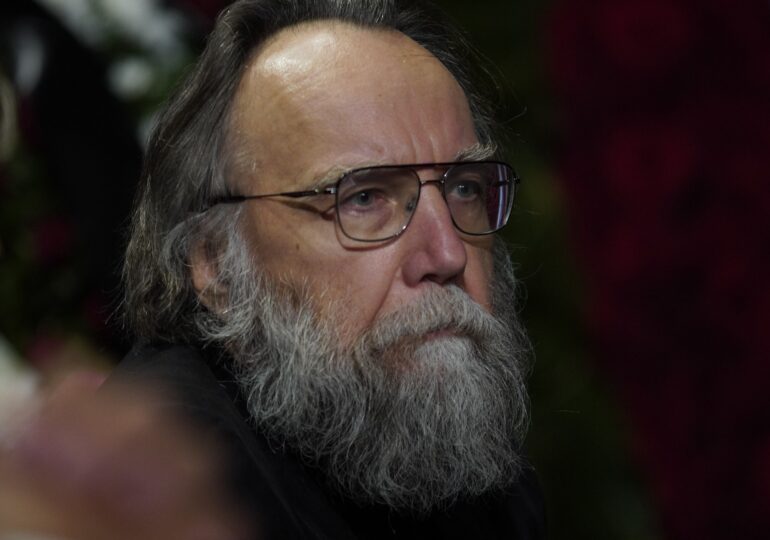At the beginning of the summer of the turbulent year 1990, villagers from a mountain commune, located 60 kilometers north of Pitești, began to gather, organize, and read reports from the Securitate, the political police of the communist regime, as well as from the newly established SRI (Romanian Intelligence Service).
A transport of secret documents, organized and approved by Virgil Măgureanu, the first director of the SRI, a close associate of Ion Iliescu, was unloaded in a ravine and partially set on fire, in the area of Berevoiești, Argeș County.
82 sacks containing reports from the Securitate during Ceaușescu’s era, as well as some newer ones from the SRI, were found by villagers who alerted the press.
The journalists of the newspaper "România Liberă," led by Petre Mihai Băcanu, were the first to arrive on the scene and set up a veritable archaeological site to recover, reconstruct, and analyze the thousands of partially destroyed documents.
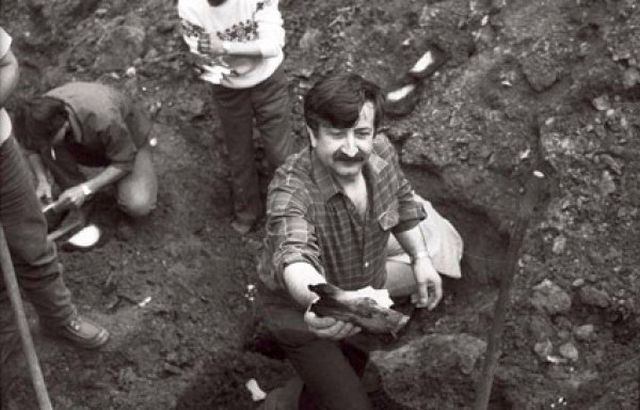
Back then, the public learned that, despite the promises made by the new administration in Bucharest to tell the truth and make public the abuses and violence of the political police, in reality, for half a year, operations were carried out to sort through the information in the archives, destroy compromising documents, and bury the truth.
Virgil Măgureanu, SRI director as of March 26, 1990, does not resign and leads the secret service until 1997.
SIE Points to Russia
Almost 35 years have passed since the episode that compromised the credibility of the SRI, and no secret reports from the SRI or SIE had appeared in the public domain until the evening of December 4, 2024, when Klaus Iohannis, the incumbent president, released several intelligence reports through declassification.
Following these reports, the presidential elections are annulled by a decision of the Constitutional Court, and Romania enters an unprecedented political crisis, accusing interference by foreign entities in the democratic process.
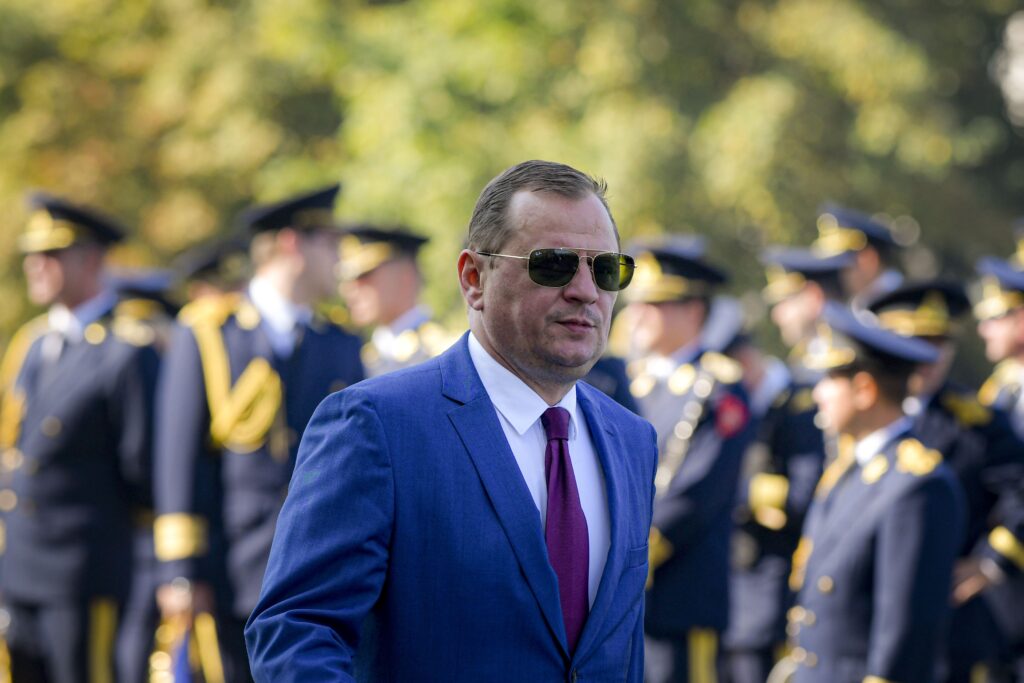
Since then, three weeks have passed. A new political majority has been formed, a new government led by Marcel Ciolacu, the leader of the PSD, has been invested, and the public has not been informed about what happened, what mistakes were made, and who is responsible for the "suspension of democracy" in Romania.
The intelligence reports are important because they bring before the people assumed information, gathered through the procedures and technology of these institutions, backed by dozens of notes, recordings, and documents inaccessible to the general public.
Furthermore, this information can be contextualized and analyzed in relation to past and future events at the time of their declassification.
The SIE report is important from this perspective because it is the only one of the five declassified reports that indicates Russia played a significant role in terms of involvement in the democratic process in our country.
A Title and 4 Observations
The document issued by Romanian spies is titled: "Analysis of risks to national security posed by the actions of state and non-state cyber actors on IT&C infrastructures, support for the electoral process."
Beneath this title, it specifies: "Unclassified excerpt from Note No. 0654 of November 28, 2024."
From this starting point, several interesting conclusions can be drawn, not discussed in the public domain:
- The SIE acknowledges the existence of risks to national security that no political beneficiary of intelligence reports had spoken about, prepared the population for, or acted to remove until that point;
- The risks to Romania's security are generated by state cyber actors. This means that individuals, groups, and organizations subordinate to foreign governments are operating on the country's territory with the objective of undermining Romania's political and democratic system.
- In addition to "state actors," non-state entities also appear, meaning individuals and organizations that are suggested to be connected to the former, sharing the same goal.
- Another interesting piece of information is that the declassified SIE document is just an "excerpt" from a much more extensive report that was presented and made available to the Government and the President at the CSAT meeting on November 28.
Strategy to Provoke Political Crises
The first word with which the SIE excerpt begins is "Russia," coming as an indirect response regarding the question: Which state actor has shaken Romania to such an extent that the presidential elections were annulled?
"Russia has a history of interfering in electoral processes in other states. If in the ex-Soviet space Russia has been and is quasi-present through hostile influence actions, in the West, involvement became much more evident starting with the U.S. presidential election in 2016," as stated in the document prepared by the SIE.
However the report by Romanian intelligence is interpreted and analyzed, Russia is indicated as a state actor with a strategy of intervening in the electoral processes of democratic states to provoke a series of political crises.
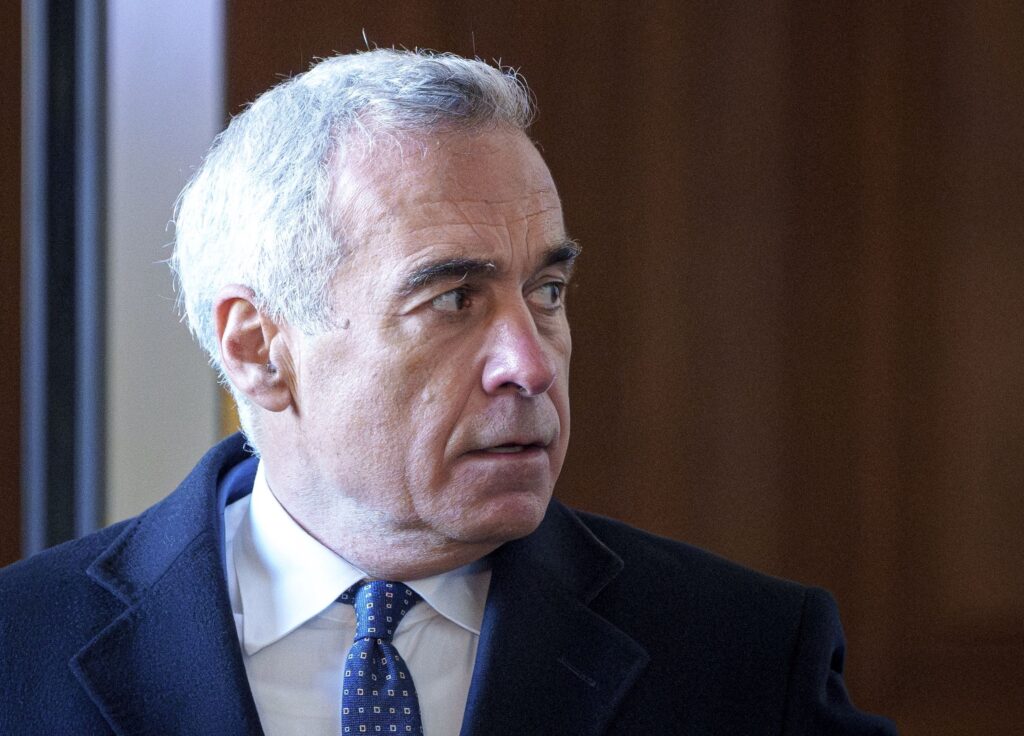
"At the Kremlin's order, detailed sociological research was carried out on target states (trends in public opinion, political perspectives of certain parties/candidates, measures taken by authorities against foreign electoral interference), and the legislative framework of target states was studied to identify gaps/vulnerabilities and response capacity," as stated in the analyzed document.
This paragraph is extremely interesting because it also indicates Romania's lack of readiness in terms of protecting the electoral system, indirectly suggesting that the "gaps" identified by Russia did not receive a response from authorities, with the president and prime minister being more focused on using the information for their own political interests rather than protecting Romania.
Why Did Iohannis and Ciolacu Not React?
In reality, Russia understood this, being the main vulnerability and method to neutralize the response capacity.
Klaus Iohannis did not act because he believed in the strategy proposed by the Kensington agency, "balance and verticality," one that would push Nicolae Ciucă to the final.
Even though he did not know exactly what was happening, the leadership of the PNL continuously conveyed messages that "everything is under control." However, this campaign, which reached hundreds of millions of users on TikTok, was hijacked through a simple, ingenious, and very expensive operation.
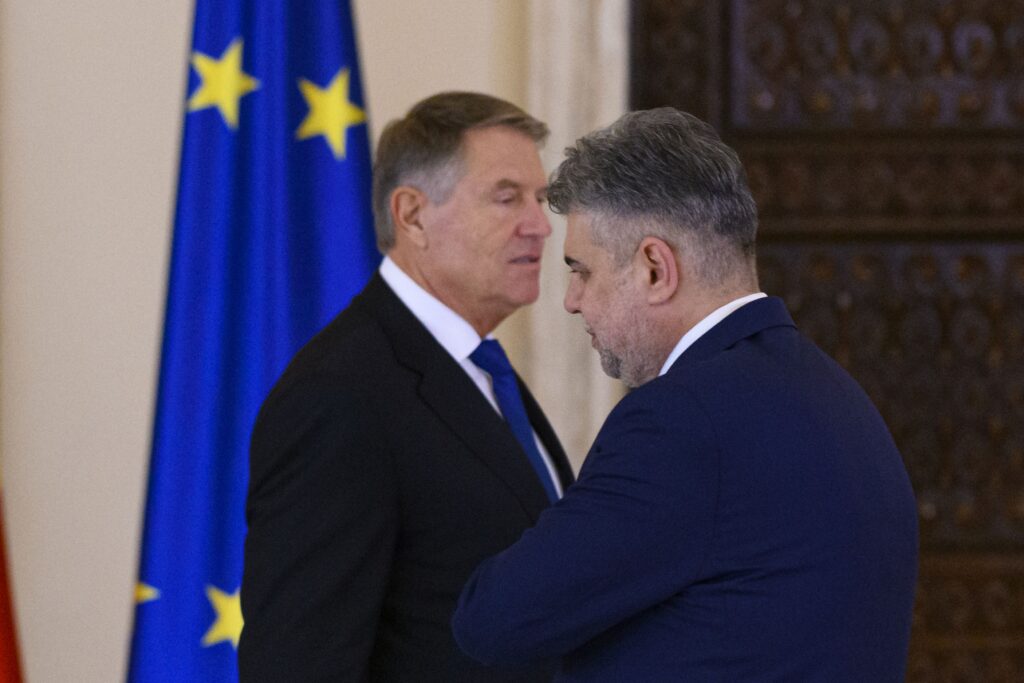
"...video materials were identified in which national influencers promoted a predefined scenario regarding elements that each candidate had to fulfill. These videos were posted on multiple platforms (TikTok, Instagram, and Facebook), generating between 1,000 and 500 million views per video, all with the hashtag #balanceandverticality," as stated in the report by the Ministry of Internal Affairs, declassified on December 4.
How was the hijacking done? Very simply, it is described in a report by the Ministry of Internal Affairs presented at CSAT and later declassified: "In the comments section related to each content element, a series of messages promoting a presidential candidate (Călin Georgescu) were identified. Analysis of these accounts indicates anomalies in their creation, with indications of the use of fictitious accounts created solely for the distribution of such comments."
Therefore, the PNL paid for a huge TikTok campaign from public funds to promote Ciucă, but it was hijacked by Russia, according to indications from the SIE and MAI, through bombarding it with hundreds of millions of comments (bots) that indicated Călin Georgescu as the "balanced and vertical" one, not Ciucă, as the liberals had wished.
On the other hand, Prime Minister Marcel Ciolacu did not react to the intelligence reports, being himself preoccupied with influencing the electoral process by removing an extremist candidate from the race, namely Diana Șoșoacă, in order to help George Simion, another pro-Russia candidate, reach the presidential final.
Defenseless in the face of hybrid warfare
Russia "... has emphasized informational aggression, including propaganda, and the use of artificial intelligence for rapid content creation," as stated in the SIE document.
But this has been happening for a long time without the Romanian Government or the President taking any action.
There has been intense discussion about Russian propaganda in our country, but very little has been done. Social networks have been invaded by fake pages, fake images, fake messages.
Professional groups on Facebook and WhatsApp have been hijacked, turning into pro-Russia propaganda centers, without any reaction from state institutions.
The major issue is that there has been no defense strategy regarding hybrid warfare. The concept is mentioned in the national grand strategy, but no measures or responsibilities are outlined regarding the reaction and rejection of attacks in this category.
"... Russia has made constant efforts to access as wide an audience as possible, by expanding online infrastructure (a varied portfolio of dissemination channels: local vectors, opinion formers, and troll networks) and diversifying narrative spreading techniques (pro-Russian), with an emphasis on distributing them locally," as stated in the SIE document, which indicates the existence of strong networks in the country that have promoted Kremlin's interests.
Behind the written words in the SIE document lies a deep dissatisfaction coming from Romania's strategic partners, with whom the agency collaborates, due to the lack of reaction in defending against hybrid attacks.
Klaus Iohannis, the incumbent President, indirectly acknowledges in a press statement that the salvation came from the USA, Romania's important strategic partner.
"... foreign influence was subsequently found, and I must say that here we had significant support from strategic partners, who helped Romanian entities find out what actually happened," stated Iohannis in a press conference on December 18.
In the following days, we will continue the thorough analysis of the intelligence agencies' documents, declassified on December 4, and putting them into context to take a few more timid steps towards discovering the truth, a painful one that has marked Romania's European destiny.

